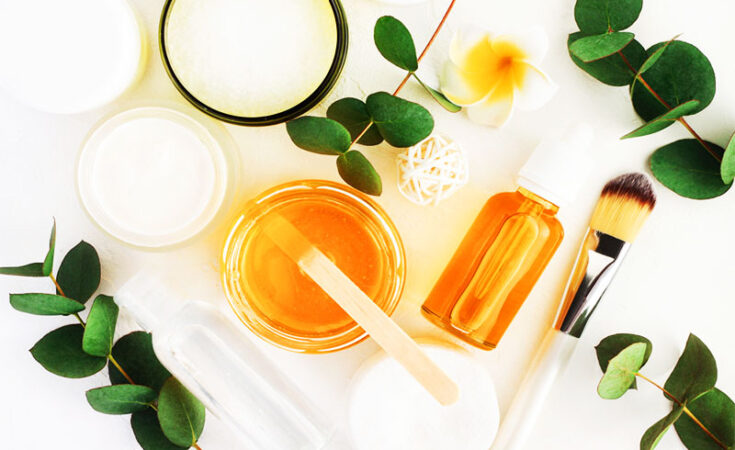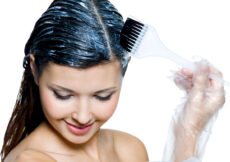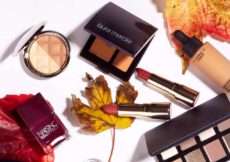Let’s talk through vegan beauty products today. They are growing in popularity and lots of cosmetic companies put them in the offer, including skin, hair, but also nail and eyelash brands. But are they all really vegan-friendly? Let me clear up all doubts. 🙂
Craze for vegan-friendly beauty products
Personally, I’m happy to hear about the growing popularity of vegan beauty products. I’ve been using them for years and see that plant-derived ingredients fully satisfy our demand for nutrients. They are often better than animal-derived products and synthetics. Nature knows best how to care for us. Vegan products aren’t only the ones free from animal products. The way of making such products matters too. So, we should know how to recognize vegan cosmetics – no matter if we are driven by the ethical concerns or trends, we must choose the proper products to never be fooled!
Vegan or vegetarian?
Let’s start by learning how vegan and vegetarian products differ. It’s the same case as food. See the difference between vegan and vegetarian beauty products below.
- VEGETARIAN BEAUTY PRODUCTS are all products that don’t contain animal-derived ingredients, i.e. extracted directly from an animal, causing it to suffer.
- VEGAN BEAUTY PRODUCTS are all products formulated without any animal-derived ingredients or ingredients that have been produced by animals e.g. honey.
In both cases the product cannot be tested on animals. I respect that: if we want to look better, let’s test products on ourselves, not on poor, innocent, unconscious animals.
How do you know if a beauty product is vegan or not?
Usually, you can trust the label. If it says the product is 100% vegan-friendly and free from animal ingredients, this is probably true. It may happen, however, that the information on the packaging doesn’t go with the ingredients you can see in the INCI list. So always read the INCI because it is the most reliable source of information. To make the task easier, I’ve rounded up the substances that cannot be included in a vegan beauty product.
Ingredients that CANNOT BE ADDED to vegan beauty products
- Lanolin (lanolin, lanolate, laneth, lanae) and its derivatives – animal wax produced by sebum glands of animals such as sheep.
- Beeswax (beeswax, cera alba, cera flava), honey and other bee-derived products e.g. royal jelly, propolys, apitoxin.
- Silk (silk, hydrolyzed silk, serica, serica powder, silk powder) extracted from silkworms.
- Milk, proteins and dairy products (milk extract, milk protein, colostrum, lac, lac powder, lactis lipida, milk lipids, lactobionic acid, lactoglobulin, sine adipe lac).
- Eggs and egg proteins (hydrolyzed egg protein, hydrolyzed eggshell membrane, ovum, ovum powder, ovum oil, egg powder, egg oil, dried egg yolk, egg yolk extract)
- Musk, ambergris and other secretions extracted from glands of animals like muskrats, sperm whales, etc.
Please note that some of the above ingredients can be extracted without involving the animals: if they are synthetic, the product is surely vegan-friendly.
Follow my tip:
Sometimes you may have problems with decoding the sophisticated substances and Latin names so a beginner will surely make use of a phone app that scans the INCI and tells you if the product is ok. At the same time, you will learn some ingredients that aren’t animal-derived but may cause harm e.g. harsh preservatives.



